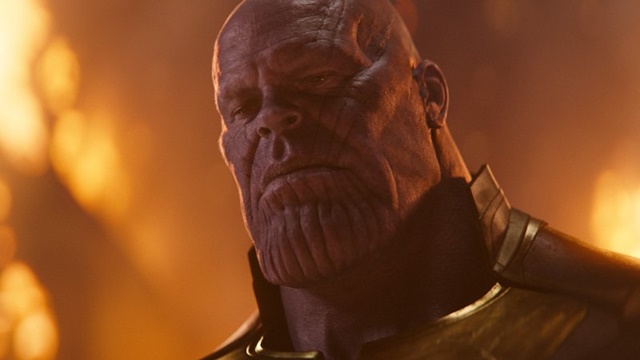Sometimes an unpopular opinion deserves an explanation. Especially when it pertains to perhaps the largest, most celebrated media event in the history of genre film. One that is almost universally adored. Well, here it goes: Thanos isn’t the MCU’s best villain. In fact, he’s its most problematic.
Avengers: Infinity War is a daunting cinematic achievement for many reasons. It…





